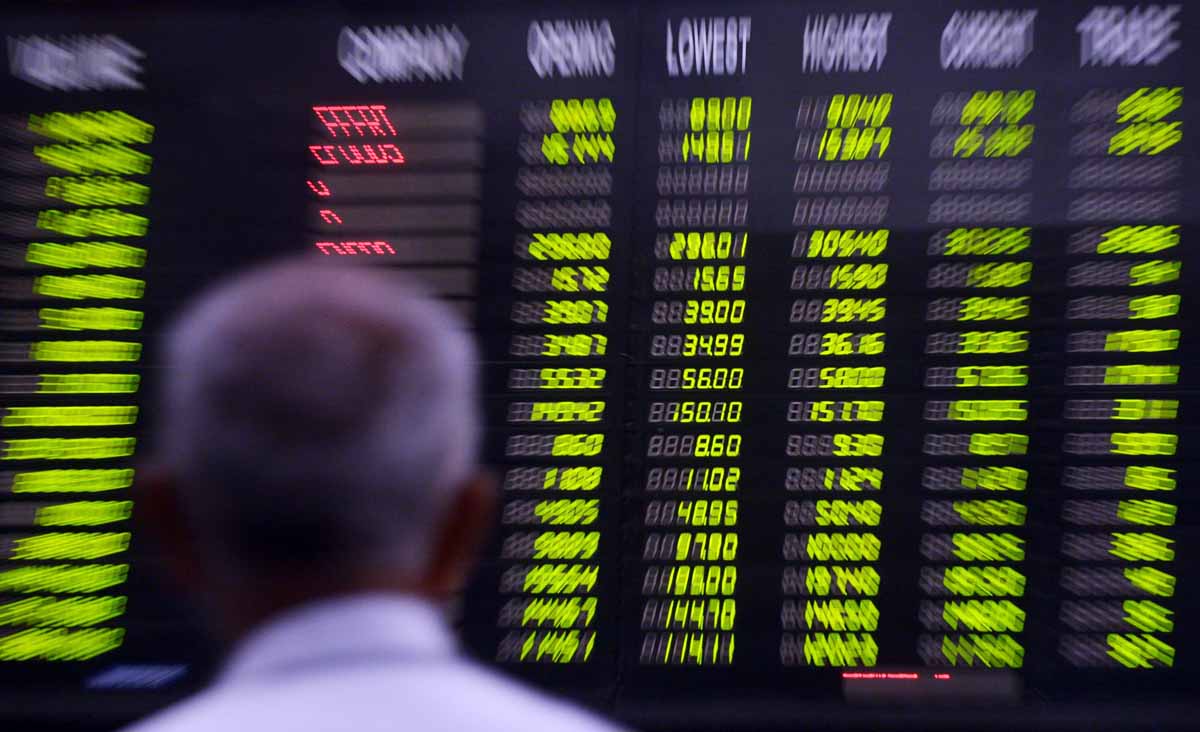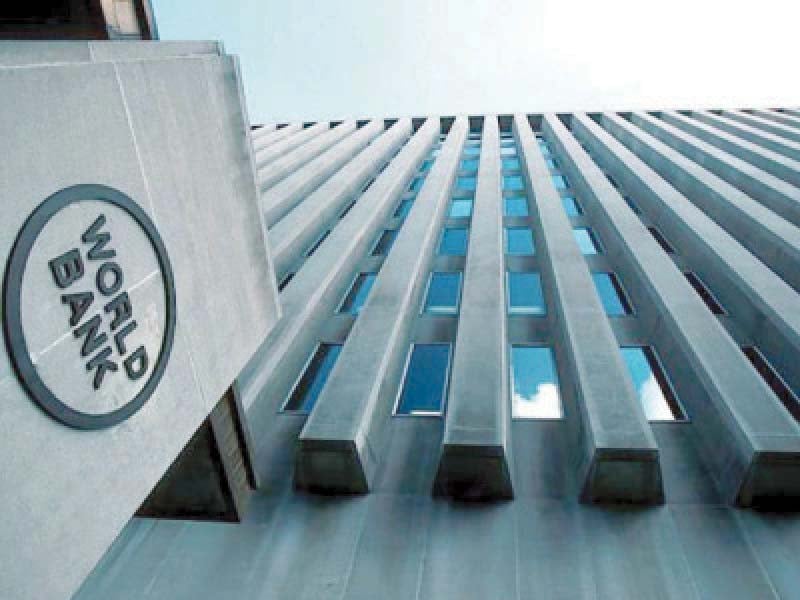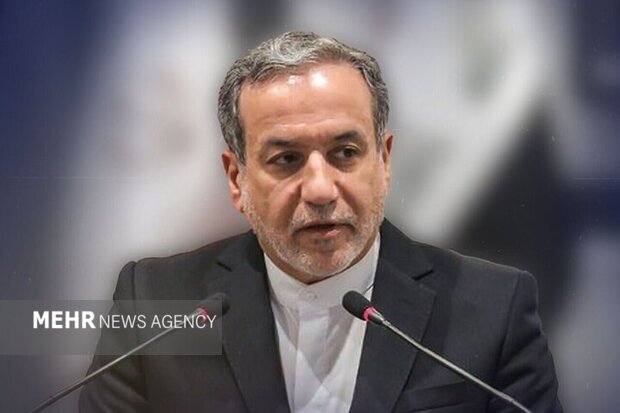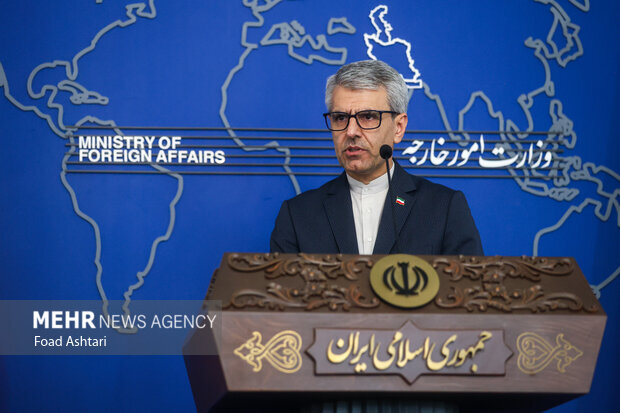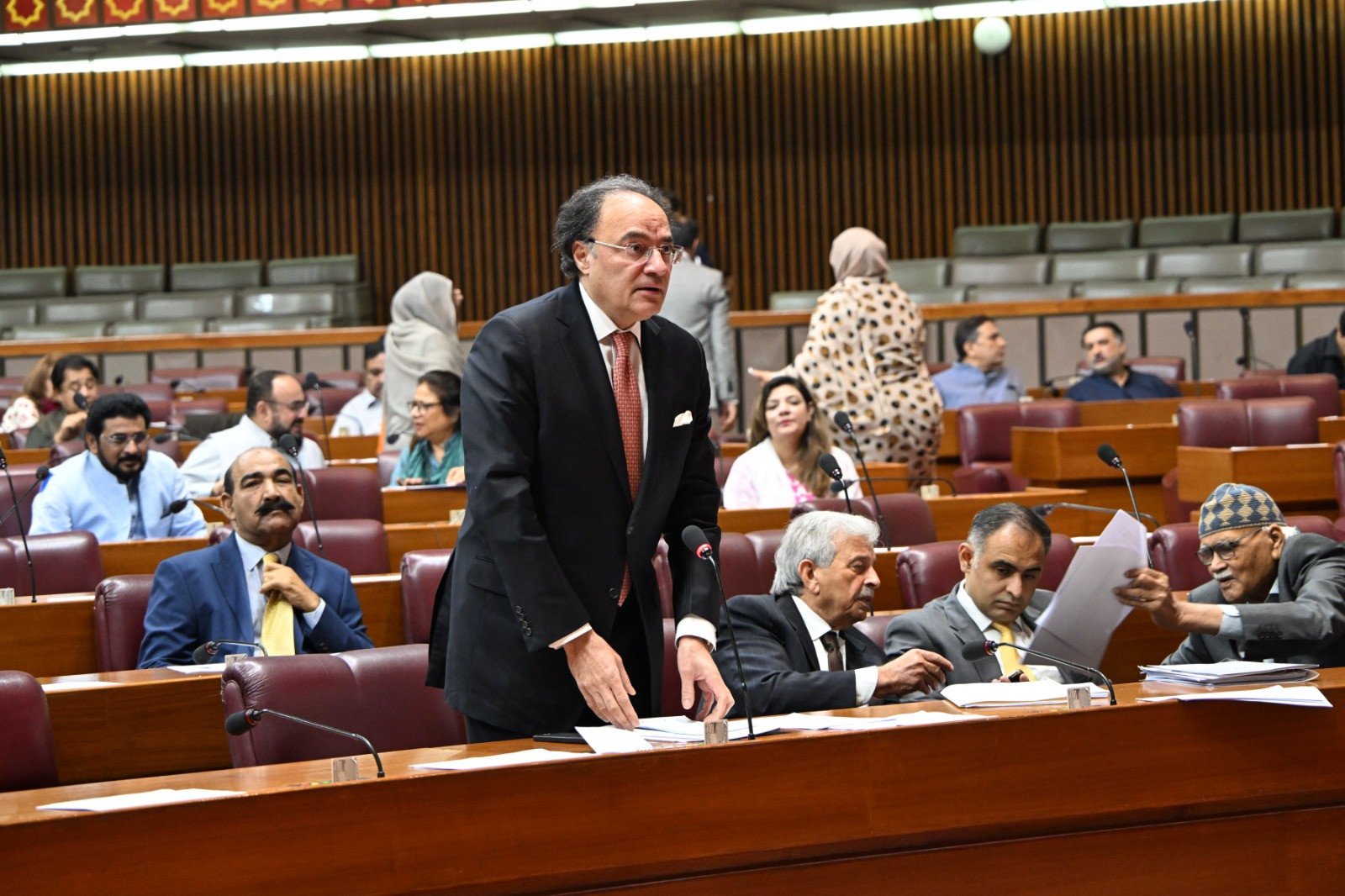
The National Assembly on Thursday approved the Rs17.57 trillion federal budget for the fiscal year 2025-26 with certain amendments, rejecting opposition calls for public consultation and clearing the way for a raft of tax reforms, revenue measures, and government spending plans for the coming year.
The Finance Bill 2025 — aimed at giving effect to the federal government’s financial proposals for the fiscal year starting July 1, 2025, and amending various existing laws.
The session, chaired by Speaker Ayaz Sadiq, began with Finance Minister Mohammad Aurangzeb moving the Finance Bill 2025, which was taken up for a clause-by-clause review.
Opposition members proposed an amendment to delay the approval of the bill and seek public consultation, but this amendment was overwhelmingly rejected.
Read more: Govt has agreed to income tax exemption on annual salary below Rs1.2m: Bilawal
Aurangzeb moved to introduce the Finance Bill in the form recommended by the Standing Committee, despite opposition objections. One of the key clauses approved during the session addressed sales tax fraud. The bill introduced measures for arresting individuals involved in tax fraud, including penalties for issuing invoices without the delivery of goods or tampering with tax records.
Additionally, amendments allowed for the arrest of individuals attempting to destroy tax evidence or providing false information in tax returns.
Prime Minister Muhammad Shehbaz Sharif meets Chairman Pakistan People’s Party Bilawal Bhutto Zardari during the budget session in the National Assembly. pic.twitter.com/fZnnWsfQov
— Government of Pakistan (@GovtofPakistan) June 26, 2025
Another important provision of the Finance Bill 2025 included a carbon levy of Rs2.50 per liter on petroleum products, which was approved under clause 3. The opposition’s amendments on this clause were also rejected. Furthermore, the bill imposed a 10% sales tax on solar panels to promote sustainable energy while generating government revenue.
The Customs Act of 1969 was also amended to enhance anti-smuggling efforts. The new provisions mandated the installation of cargo tracking systems for better monitoring of imports, exports, and transit goods. Penalties were introduced for not using the electronic bill (e-bill) system for the domestic movement of goods, and severe fines and imprisonment were imposed for tampering with tracking devices.
The bill also introduced significant changes to the income tax system for salaried individuals. Employees earning up to Rs600,000 annually were exempted from tax, while new tax slabs were introduced for higher income groups.
Additionally, the House approved amendments concerning parliamentarians’ salaries and allowances. Under these changes, the determination of parliamentarians’ pay would be handled by the House Committee, rather than the Secretariat. Federal ministers and ministers of state would now receive the same salary as Members of Parliament.
In his statement following the budget approval, PPP Chairman Bilawal Bhutto Zardari expressed full support for the budget, noting the government’s acceptance of several party recommendations, including the 20% increase in funding for the Benazir Income Support Program (BISP).
“حکومت نے پاکستان پیپلز پارٹی کی سفارشات کو مان کر بجٹ میں شامل کیا اس لیے ہم اس بجٹ کو سپورٹ کررہے ہیں۔ ہماری حمایت کی وجہ یہ ہے کہ اس بجٹ میں پاکستان پیپلز پارٹی کی سفارشات پر عمل کرتے ہوئے بینظیر انکم سپورٹ پروگرام میں 20 فیصد اضافہ کیا جارہا ہے، تنخواہ دار طبقے کو ریلیف… pic.twitter.com/DRhgSxgG1X
— PPP (@MediaCellPPP) June 26, 2025
He also highlighted the reduction of taxes on solar panels and the government’s alignment with PPP proposals regarding tax reforms.
With the final approval of the Finance Bill 2025-26, the total federal budget for the fiscal year has been set at Rs17.57 trillion.
Speaker Ayaz Sadiq concluded the session, which will resume at 11 AM the next day.

